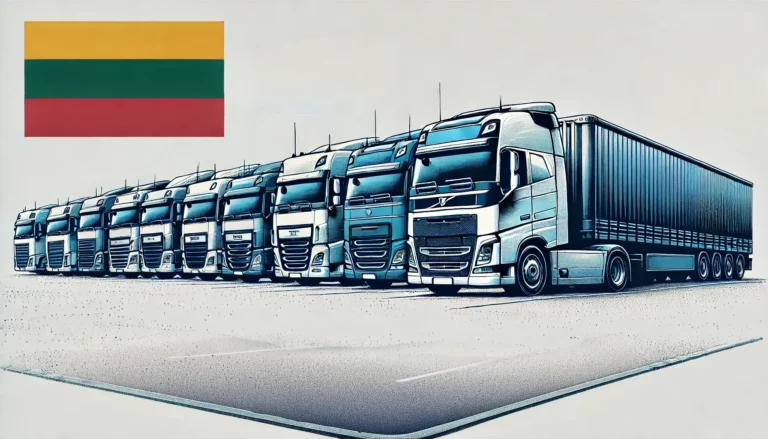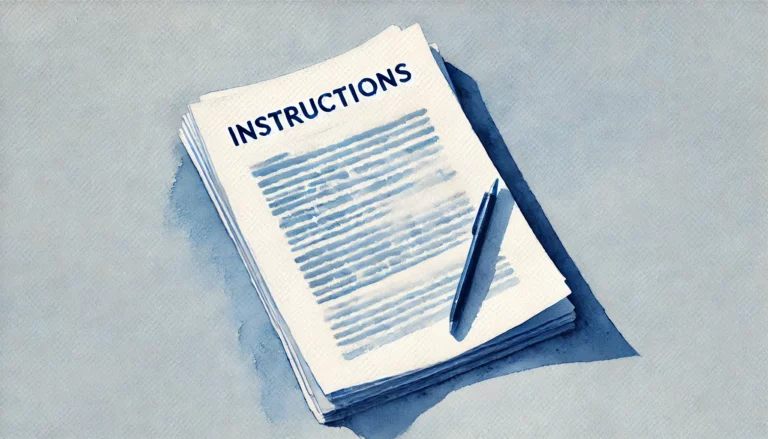New SENT notification obligations in Poland coming soon?
Looks like Poland will soon enforce new SENT notification requirements for clothing and footwear. These goods, if acquired through intra-community supply or imported from third countries, will fall under SENT supervision. The government aims to tighten control over these transactions and reduce tax fraud. Officials noted that the clothing sector often serves as a channel for introducing goods into the Polish market without full VAT settlement. According to the Ministry of Finance, the updated SENT system will help eliminate these practices by enabling real-time monitoring of shipments and boosting transparency.
Do you need help with SENT notification or setting up PUESC account?
e.nadolna@ekologistyka24.pl, +48 881 045 376
j.blazewicz@ekologistyka24.pl, +48 500 867 153
Scope of the new SENT notification regulations
According to the draft regulation of the Minister of Finance, the new rules will apply to clothing and footwear listed in chapters 61 and 62 of the Combined Nomenclature (CN). This includes a broad spectrum of items such as shirts, coats, suits, trousers, jackets, dresses, as well as footwear made of leather, rubber, plastic, or textiles. Both new and second-hand goods fall under this obligation.
However, SENT notification is required only in specific scenarios. It covers shipments of clothing and footwear imported from outside the EU or acquired as part of intra-community supply. Domestic movement within Poland does not trigger this obligation. Therefore, businesses operating strictly on the local market may remain unaffected, though they must remain cautious when goods originate abroad.
Why these changes?
This SENT expansion reflects a broader strategy to close the VAT gap in Poland. Authorities have identified the clothing and footwear sector as high-risk in terms of tax evasion. Many of these goods enter the market through informal channels or with understated value declarations, which limits the state’s ability to collect due taxes.
The regulation also aligns with similar mechanisms across Europe aiming to increase digitization in trade monitoring. SENT’s digital platform enables border and tax authorities to verify shipment legitimacy in real-time. This helps limit opportunities for abuse while fostering fair competition among market players.
New SENT notification obligation – who will be affected?
Companies involved in cross-border trade of clothing and footwear will bear the brunt of these changes. This includes Polish importers sourcing products from Asia or the UK, as well as firms purchasing clothing and footwear from EU countries such as Germany, Italy, or the Netherlands. They must prepare for added documentation and procedural steps.
Transport and logistics providers handling such shipments also fall within the scope. Businesses responsible for moving goods from border points or customs zones will have to verify the SENT status before loading or proceeding. If the notification is incomplete or missing, they risk fines or even transport seizures.
The plan is for the new regulation to come into force three months after the date of publication, but some industry representatives consider this period too short and have proposed an extension.
said Agnieszka Majewska, Spokeswoman for Small and Medium-sized Enterprises in her official statement
(…) the introduction of the proposed regulations should be preceded by a sufficiently long vacatio legis period, which would allow entrepreneurs to properly adapt to the new legal requirements in the area of goods transport monitoring, especially since for some entities this will be a new obligation of considerable complexity. In view of the above, I kindly request that you consider extending the implementation period (…) from 3 to 6 months.
Challenges and practical steps
Transitioning to SENT compliance can be complex, especially for companies unfamiliar with tax monitoring systems. Many clothing importers or wholesalers have never had to interact with SENT before. As a result, they must now allocate resources to systems integration, staff training, and process changes.
The first step is product classification. Businesses must confirm if their goods fall under CN codes 6101–6117 or 6201–6217. After that, they need to set up user profiles in the PUESC system and assign notification responsibilities. Proper internal coordination between logistics, customs, and accounting teams will prevent errors and missed deadlines.
Sanctions for non-compliance
The SENT system carries significant penalties for infractions. Failure to file a required SENT notification can result in fines ranging from PLN 5,000 to PLN 20,000 per incident. Repeated violations may lead to higher penalties and operational disruptions.
If a transport is stopped during inspection and found lacking the proper SENT entry, the vehicle may be detained. Customs authorities also hold the power to initiate proceedings against company managers. The financial and reputational damage from such events can seriously harm ongoing operations.
To sum up
Although the SENT system may seem complex at first, early preparation for the planned changes will prevent penalties and delays. It will also support the long-term goal of market stabilization and increased tax compliance.
Polish authorities have confirmed that transitional guidance will be published ahead of implementation. Businesses should monitor updates and begin preparing internal workflows now. In a tightening regulatory landscape, proactive compliance is the best defense against costly enforcement actions.







